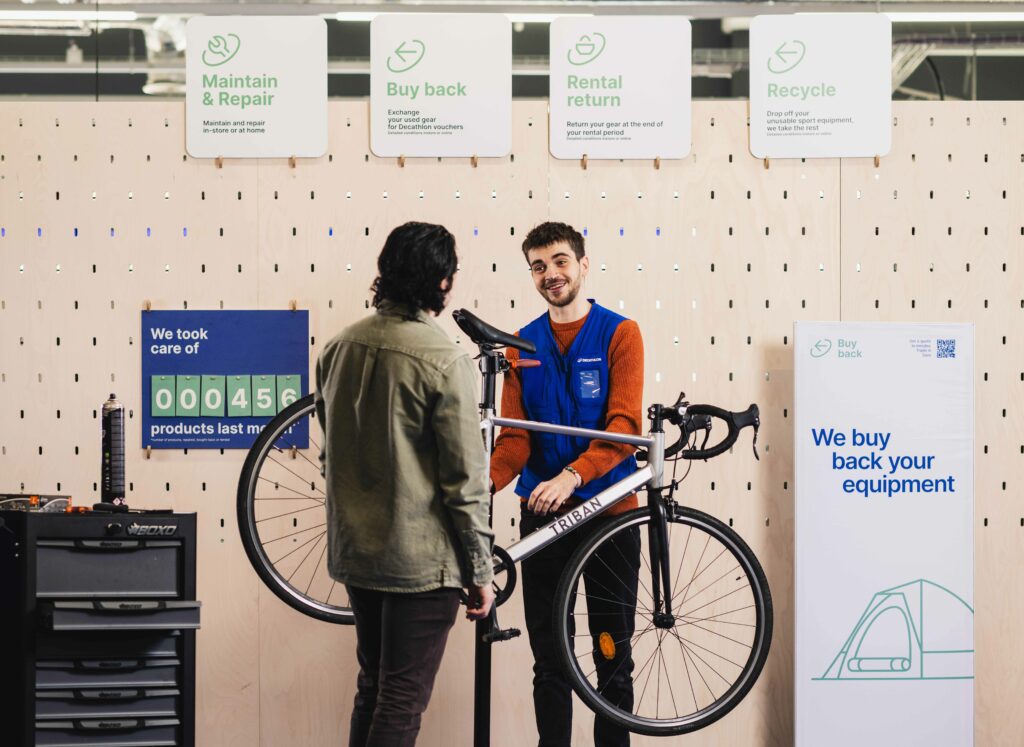Ian Cheshire, Group CEO of Kingfisher, owner of home & DIY retailers B&Q, Screwfix and Castorama spoke yesterday to a room of retail head honchos at British Retail Symposium 2012 run by the British Retail Consortium (BRC) on the importance of entering an overseas market.
“You have to have an international dimension to your business,” he said, pointing out that technology giant Apple sees 25 per cent of its global sales come from the Chinese market.
Perhaps a credit to Kingfisher is its European triumph Screwfix which has recently introduced new ranges and built portfolio outlets in France leading to a 10.2 per cent upturn in overall profit over the 13 weeks to April 28th 2012 equating to £137 million.
However, the group as a whole has reported poor results with total sales in Q1 falling 6.9 per cent and its international operations saw total sales drop 8.9 per cent to £968 million.
An international path is fraught with manholes that retailers must overcome through trial and error according to Cheshire, who explained to the crowd that despite having nearly 970 stores in eight countries across the world, the expansion was no mean feat initially.
“In Russia, wallpaper was selling out whereas paint pots were left on the shelves and what we discovered through investigation was that many of the buildings over there were so jerry – built they could not decorate walls to maintain good coverage of paint,” he explained.
Cheshire suggested that fashion retailers have a product which is more translatable to a foreign marketplace as the investor can view the collection more easily, citing fashion retailer Next as an example as “they can send their collection to the franchiser overseas.”
Going one further, Cheshire noted that fashion e-tailer Asos is an inspirational case study to its sector in terms of expansion, where he said it has made ‘astronomical‘ inroads, going so far as setting up a returns warehouse in Australia. He admitted that with the DIY sector it is a wholly different process.
To create an effective business model, the retailer needs to reduce it‘s ‘to do list‘, a trap many can fall into. Lessening the amount of objectives to a clear three point plan is a better option as it will allow you to know the strength of your product and where it will prove most fertile when embedding roots, he said.
“Understand your value drivers, choose where to compete – and in that I mean to actively choose rather than fall into it – and lastly, choose how you go to market.”
He went on to say that to be a serious competitor on an international playing field, you need to ask yourself questions regarding your development such as: “Have I got a globally sourced product and can I bring it to market?”
Cheshire concluded his talk with an emphasis placed on the online channel of his business, saying that the website “is a key competitive tool.”
Earlier today, B&Q cemented its commitment to an omnichannel offering with the announcement of a restructure of its Board.

















